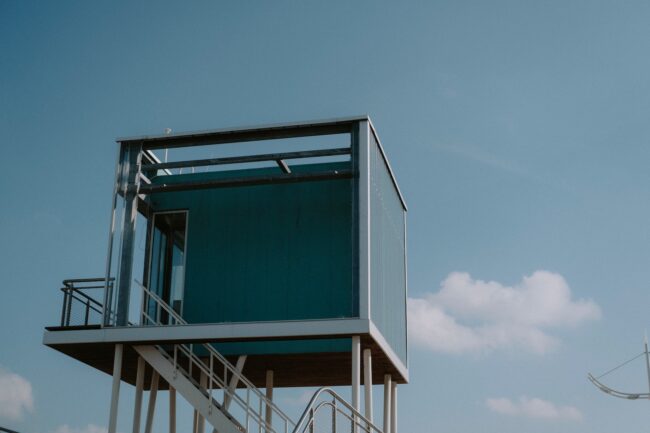Recently, the discussion about modular buildings is getting more attention than ever, as they have brought over innovative advantages, especially compared to conventional constructions.
Modular buildings are definitely one of the new technologies that are stirring up the real estate market, as its advantages such as lower costs and quick turnover time is very attractive. Modular building providers such as Insite Portable Accommodation provides temporary buildings or office services using modular buildings. Many companies have adopted a temporary office after seeing the benefits it brings.
Modular Construction: A Brief Introduction
Many people confuse themselves with the term “modular construction” or modular buildings”. Essentially, modular buildings are buildings created with the modular construction method. However, the correct way to see it, is that modular construction is a construction method that uses pre-constructed containers and compartments that are made in a factory, which will be puzzled together on site.
The thing about modular construction is that it cuts down on construction time, as each compartment or container can be made simultaneously. Once they are manufactured, they can be delivered to the construction site to be assembled.
While this might be a new thing for most people, it has been used by many industries for the past decade. It has just recently set foot into the commercial and household radar, where these pre-made containers that are fully furnished are being assembled on-site.
Advantages Of Modular Buildings
Here are some advantages of Modular Buildings:
Cost Effectiveness of Modular Construction
The cost of construction is definitely the number one factor in the real estate industry. Modular construction has given the ability to cut down big costs since each container or compartment is pre-constructed.
Pre-construction has allowed improved efficiency such as lower wastage and cheaper labour costs, as workers do not need to work according to the construction progress and they are working within a controlled environment.
Improved Construction Speed
Modular buildings are made out of various compartments, which are assembled on-site. It means that each compartment can be manufactured simultaneously, cutting the construction time by a ton when compared to traditional construction.
After the pre-construction, these compartments are delivered to the official construction site to be assembled. The assembling process is like piecing puzzles together, which is relatively much quicker. This is also why modular buildings are very popular among temporary accommodations or offices, as they are much quicker.
Another factor that speeds up the construction process is that weather conditions do not matter anymore! Traditionally, constructions are delayed as construction sites might be hazardous during bad weathers, but modular construction allows construction to happen indoors, which has mitigated this issue, bringing both speed and safety to the table.
Better Quality
In contrast to contrary belief, modular buildings are actually safer than traditional construction methods. As modular buildings are manufactured in a controlled environment, it means that efforts for quality control can be better implemented. Besides, there are fewer hazards to look out for in a controlled environment, making the process much safer and more effective.
Improved Flexibility
Need some temporary solutions? Modular buildings are for you! Modular buildings are flexible in nature due to their construction within a controlled environment, creating a bigger space for customization.
If you are a business that is growing in numbers and is in need of a bigger space, just get extensions or new compartments and you are ready to go! Even if you need to move to a new place, just get your compartments delivered to the new location and you’re all good to go!
Conclusion
If you’re a versatile business that needs a flexible working space, look no further than modular buildings. Modular buildings are much more flexible, safer and of better quality than traditional buildings, which gives you peace of mind when you’re working!




